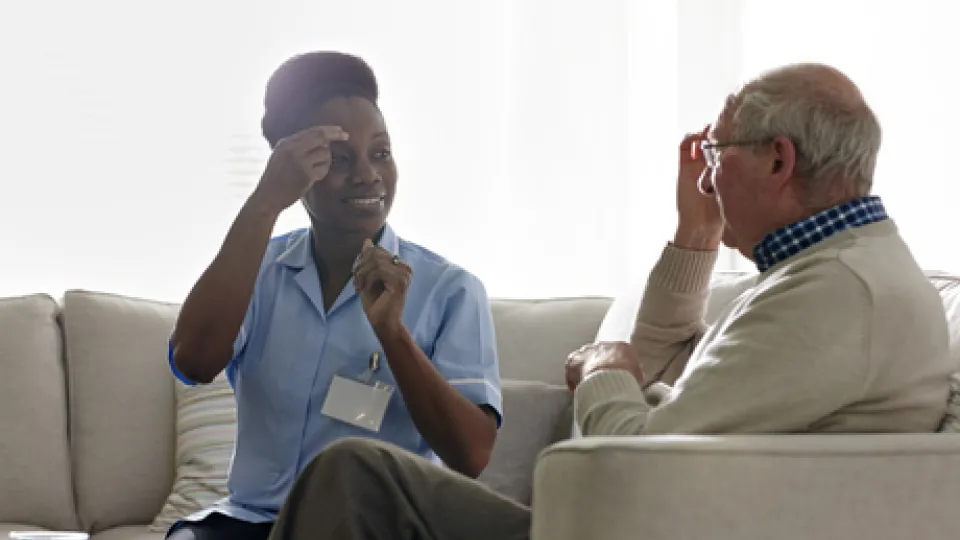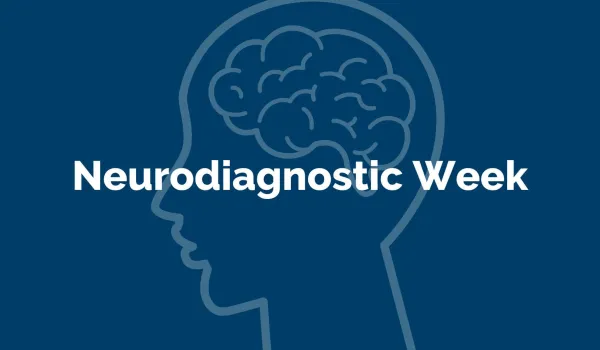Concorde Staff

As a health care professional, a large part of your job will involve communicating effectively with your patients, whether as a nurse explaining a procedure, a dental hygienist calming a nervous patient's fears, or a physical or occupational therapist giving instructions for a modality. That's why communications is such an important part of your training.
But you'll often work with people who will be difficult to communicate with, whether because they're hard of hearing or deaf, unable to speak, suffer from vision impairment, have a cognitive disability, or are just hard to get along with. Interacting gracefully and efficiently with a diverse variety of people is one of the most challenging and important parts of the job. If you're not born with a talent for communicating, thankfully it's a skill that can be learned.
METHODS OF COMMUNICATION
According to surveys gathered by the Society for Disability Studies, patients with disabilities received lower-quality medical care overall, and reported less satisfaction with their personal interactions with caregivers, for example not having their questions answered completely, or feeling alienated and avoided.
This shows a need for more awareness and better training for those entering the healthcare field. The Office of Disability Employment Policy has put together a helpful primer on how to communicate and relate to the disabled.
Some of the main points include:
- Use positive language. Certainly, everyone knows that words like retarded and crippled are inappropriate and offensive. Instead, use positive words and phrases like developmental disability and physically disabled.
- Don't show nervousness. That may be easier said than done if you've not been around people with disabilities very much, but do your best to relax and treat them just like anyone else.
- Ask questions. Don't be afraid to ask if you're not sure of something having to do with their disability. They're used to it, and they won't mind.
- Be verbal with the visually impaired. Let them know when you're approaching them, identify yourself, speak in a normal tone of voice and tell them when you're leaving.
- Be more visual and physical with the hearing impaired. Get the person's attention before you speak, with hand movements or a tap on the shoulder. Look at them when you talk, and keep sentences short and clear.
- Wheelchairs are personal space. Don't start to push a person in a wheelchair without asking them first, and don't use it to lean on. When speaking to them, try to put yourself at their level.
COURTESY, RESPECT, AND DIGNITY
Your own perceptions and attitudes, conscious and unconscious, can be the greatest barrier to effectively communicating with disabled patients. Treat disabled patients with common courtesy and respect, and recognize their need to maintain their dignity. In other words, treat your disabled patients the same way you treat all of your patients.
Let Concorde launch your rewarding career in Nursing, Dental Assisting, Occupational Therapy Assisting or a number of other exciting health care careers. You can make a difference.

Take The Next Step Towards a Brighter Future
We have a Concorde representative ready to talk about what matters most to you. Get answers about start dates, curriculum, financial aid, scholarships and more!



